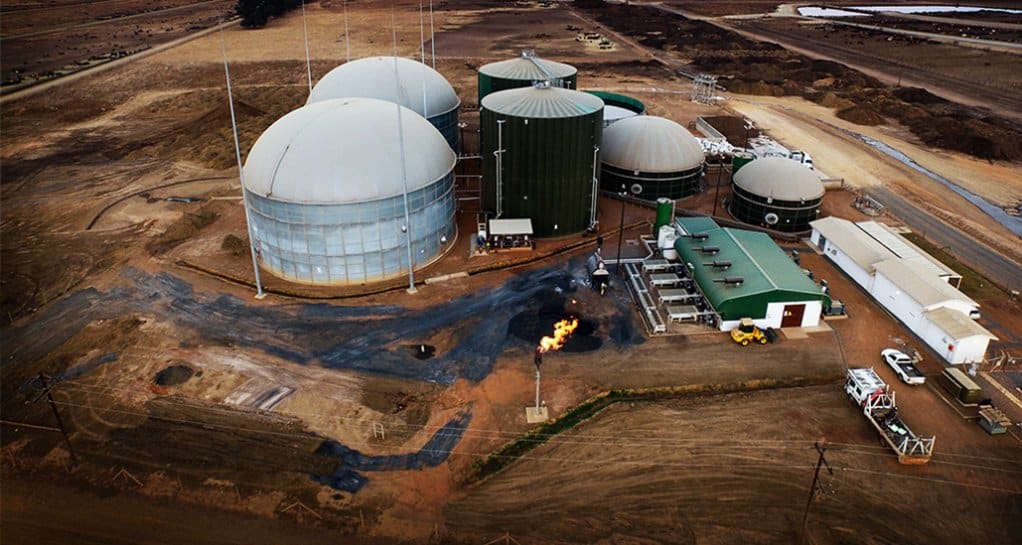
Benefits of investment in biofuels twofold
(story published in Engineering News South Africa)
The South African biogas sector can attract up to R250-billion in local and international investment and contribute to a 15% reduction in the total greenhouse-gas emissions generated by the country, says Southern African Biogas Industry Association (Sabia) general secretary Alberto Borello.
“The local biogas sector in 2020 includes 30 industrial-scale biogas plants and about 300 micro digesters, with the potential to establish 2 400 industrial biogas plants by 2030.”
Currently, the installation of 1 250 MW may be financially viable, and can contribute to the creation of 30 000 permanent jobs and 142 000 temporary jobs.
Speaking at the inaugural World Biogas eFestival, hosted online by the World Biogas Association (WBA), last month, Borello said the amount of organic waste that South Africa is collecting and disposing to landfills could easily be converted into biogas and generate more than 10 GW of power.
He pointed out that biogas plants are the best solution for the organic waste management crisis.
Sabia promotes the production of biogas through the installation of biogas technologies at agri-industry processing facilities, urban wastewater treatment plants and livestock farms.
Borello further highlighted Sabia’s strategic vision, which includes the complete banning of organic and/or food waste entering a landfill site, consequently resulting in the introduction of separate organic waste collection for treatment at biogas facilities across South Africa.
He also discussed the recent ban on the disposal of organic liquid into landfills and the implementation of a separate collection for organic by-products in the major urban areas. This will then necessitate the construction of plants to process the organic liquid and transform the municipal organic waste into a resource.
Sabia also hopes to set targets for the recycling of biodegradable wastes and feedstocks, as well as promote the development, support and creation of its payment for ecosystem services tariff to stimulate the recovery of organic residues.
Borello pointed out that, in the past five years, Sabia worked very closely with public institutions to expedite the implementation of the legislation for the reuse of the organic waste available since 2016, the development of environmental norms and standards for biogas projects, as well as the exclusion of biogas plants from the air-emission licence.
Global Presence
Borello has been selected to serve as a member of the newly formed World Biogas Association (WBA) Council, announced in the UK last month.
He enthuses that this is an opportunity to be a change-agent in the biogas industry for South Africa. “I am extremely honoured to serve on the WBA Council on behalf of Sabia.”
Being part of the WBA Council will increase the cooperation between the two organisations, with reciprocal benefits.
The role of the council will be to help provide a strategic vision for the WBA’s activities and to help clarify the major barriers to achieving the 12% reduction in greenhouse-gas emissions by 2030 goal, according to the Paris Agreement on climate change.
The council hopes to achieve this by providing guidance on how to overcome those barriers in a way which will support the development of the biogas sector globally.
Further, the council hopes to aid in the creation of alliances and partnerships for the association and its members, as well as feeding into the association’s reports and publications.
Borello says Sabia and the WBA have worked closely over the past two years to achieve important goals in terms of the promotion of the biogas sector.
Sabia will continue to have access to studies, resources and reports, and gain insight from the lessons learnt by countries that have a successfully developed biogas sectors.
The WBA, in turn, will continue to have access to not only information regarding biogas policy development, but also eventual business opportunities in South Africa, with assistance from Sabia.

